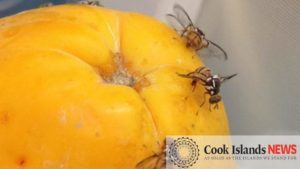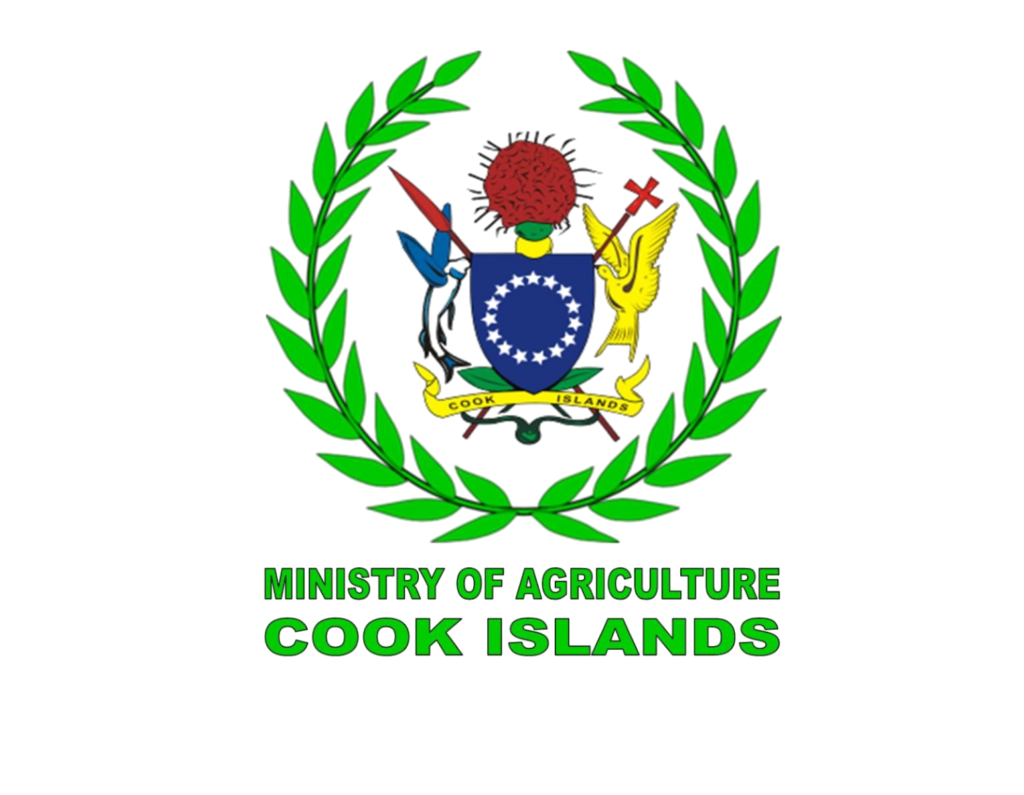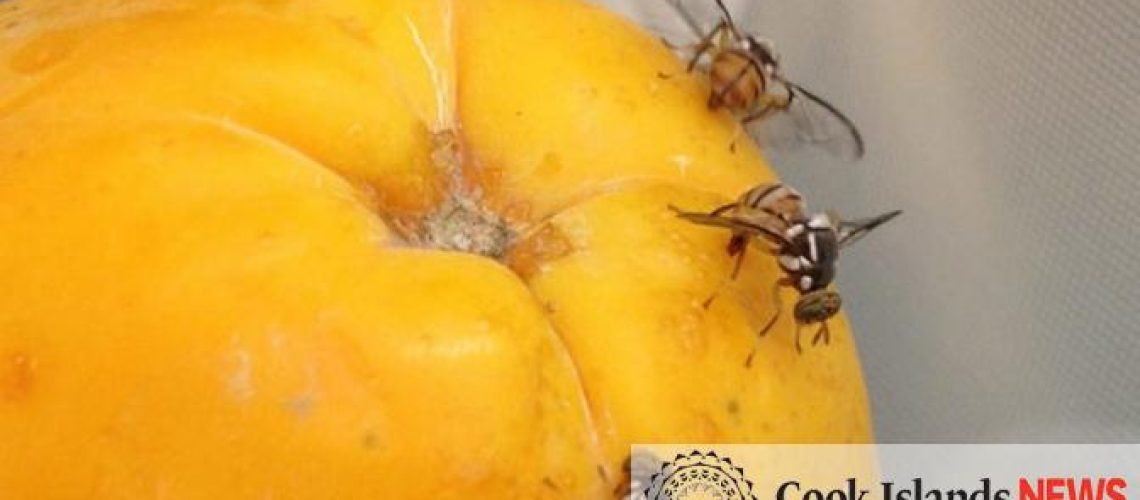OPINION: Organic and sustainable farming systems are major components of growing and developing the agriculture industry, writes Temarama Anguna-Kamana.
Two areas of focus of the new Agriculture Bill includes the collection of data or information on agriculture (crop, livestock) production; and ensuring an effective pest monitoring programme to better protect our country from invasive species.
Like any country, to assist with the future development of the industry, including informing agriculture policies into the future, the ministry will continue to collect information on agricultural production and marketing either through the regular weekly or monthly programmes or during the Census of Agriculture which is normally conducted every 10 years.
Maintaining an active pest monitoring programme on Rarotonga and the Pa Enua is crucial to protecting our country from highly destructive pest species (Taro Leaf Blight, Coconut Rhinoceros Beetle, Fruit Flies etc).
In 2001 and 2013, the ministry successfully eradicated from Rarotonga and Aitutaki the Queensland and Oriental fruit flies. If these had not been eradicated, the successive economic and social costs to the industry and the country would’ve been much higher.
A main reason for the success of this eradication programme was the full support of the island population, knowing that this was an issue of national concern.
During the programme and prior to any public employee entering any property to install fruit fly bait traps, the public were made aware through media releases.
The response time in any pest eradication is a critical factor in ensuring the success of the programme.
These monitoring traps which are checked on a fortnightly basis allow the Ministry to quickly intercept and prevent the spread of any new species.
The new Agriculture Bill sets out the legal boundaries within which the ministry must work and expand from the very limited functions it was responsible for under the Agriculture Act 1978.
The Bill is better designed to protect ministry staff, the general public and stakeholders and to allow these entities to work more collaboratively.
Over the years, and with the support of regional national partners, the ministry has provided assistance to the farming community in the areas of organic farming, hydroponics and conventional agriculture.
The ministry continues to work collaboratively with key commercial farmers on Rarotonga and the Pa Enua through its regular nursery, extension and input supply programmes to ensure a consistent supply of fresh produce to our markets.
At the same time, we have seen an increase in the number of home gardeners utilising such services.
Growing and developing the industry is articulated in the Agriculture Sector Plan 2020-25. Organic and sustainable farming systems are major components of the plan.
The ministry is aware of the concerns around the use of certain hazardous pesticide formulations and has re-established the national Pesticides Board. We are engaging with our regional partners for the safer use and better management of pesticides, while promoting the use of organic and safer alternatives. The Pesticides Act 1987 will be reviewed in the near future.
The ministry is happy to discuss with the Opposition office our activities and future development plans for the industry.
At that same time, we would be willing to connect the office to some key farmers who make a positive difference to food production and putting food on the table for many families. Such farmers have an in-depth understanding of the industry and can provide “credible” advice and information to the office.

